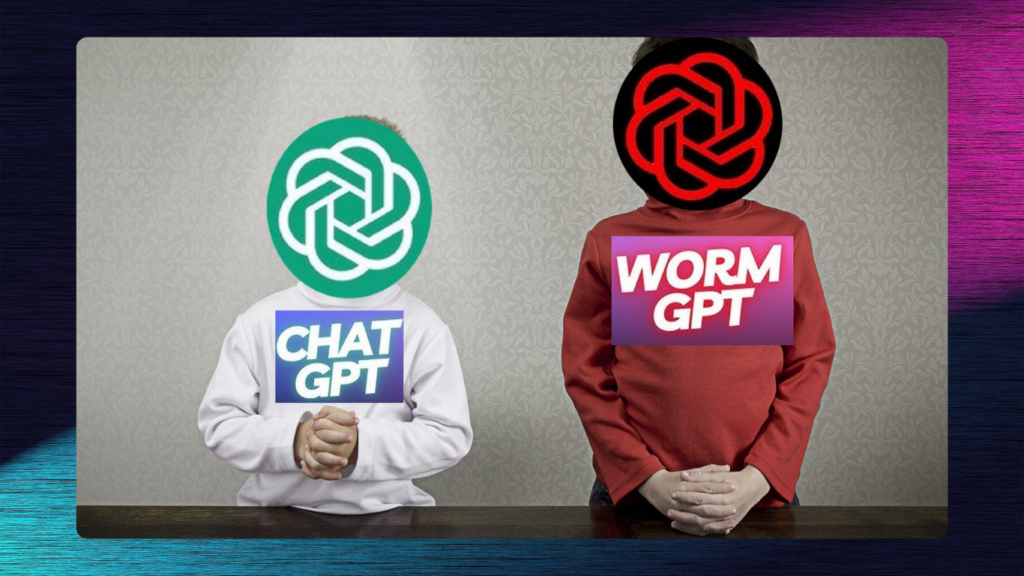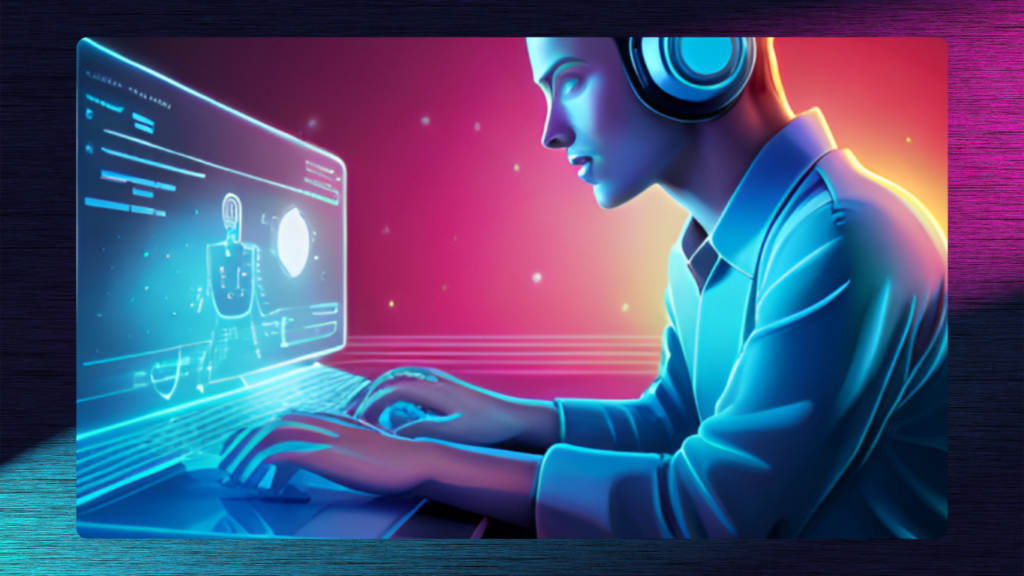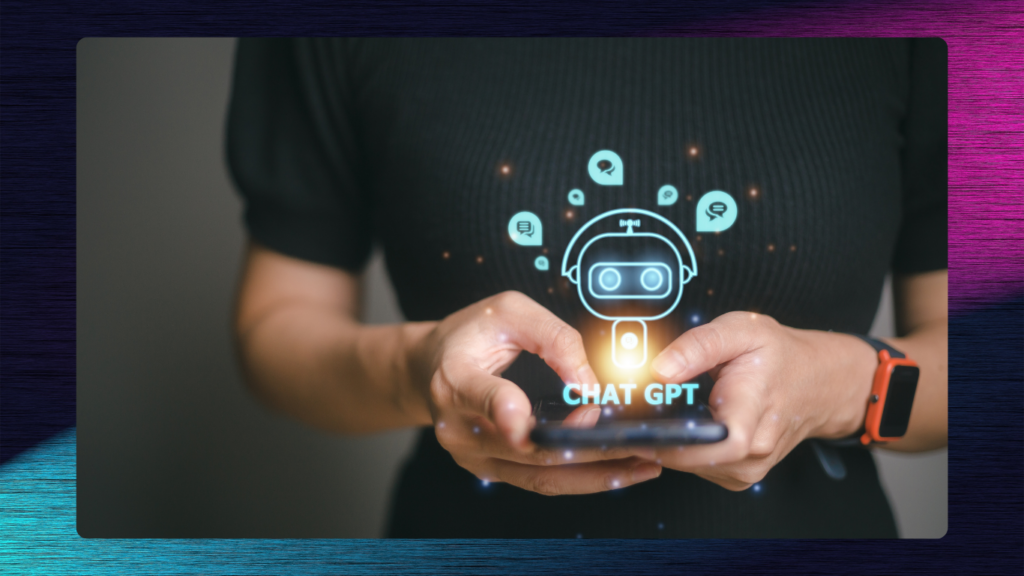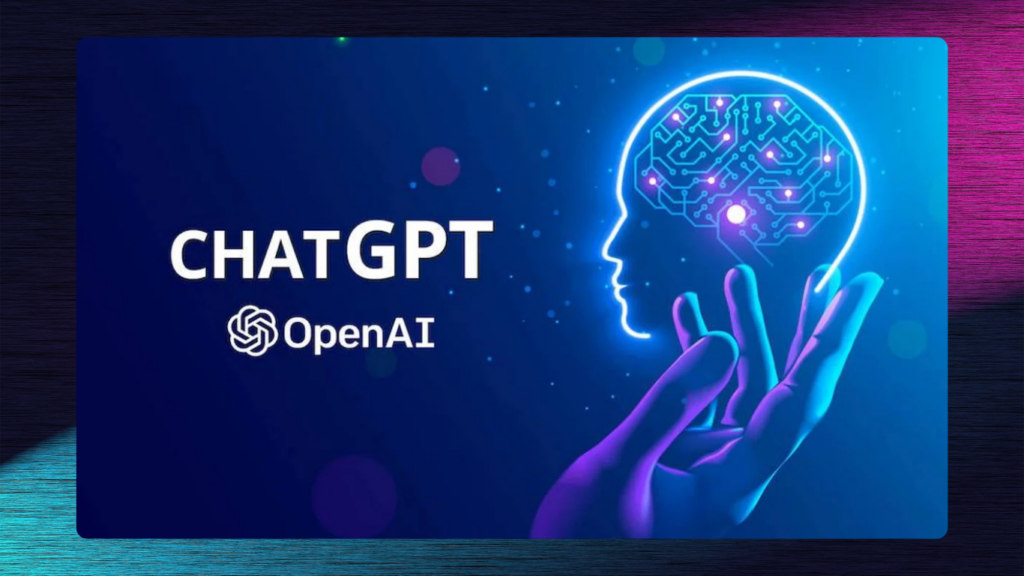In recent years, AI-powered tools like ChatGPT have revolutionized content creation, sparking new opportunities and ethical concerns alike. As more industries turn to AI for drafting articles, social media posts, and even technical documentation, the boundaries between human creativity and machine assistance are increasingly blurred. This transformation prompts questions about the ethical implications of AI-generated content, such as authorship, accountability, and the impact on creative industries. By exploring these ethical considerations, we can better understand how AI shapes the future of content creation and the responsibilities that come with its use.

The rise of AI-generated content, driven by advancements in language models like ChatGPT, presents a unique set of ethical challenges. While these technologies offer unprecedented efficiency and scalability, they also raise important questions about authenticity, intellectual property, and potential biases. For creators, publishers, and audiences, the integration of AI in content creation means reconsidering traditional norms around authorship and originality. This exploration aims to delve into the ethical landscape surrounding ChatGPT, examining the implications for content creators and the broader digital ecosystem as AI becomes an influential partner in the creative process.
With ChatGPT now capable of producing coherent and engaging content, the ethics of using AI in creative endeavors have become a topic of intense discussion. Is it ethical to present AI-generated text as human-written? How might AI impact employment in creative fields or influence the information landscape? These questions highlight the need for careful consideration of AI’s role in content creation, with a focus on ensuring transparency, fairness, and accountability. This examination seeks to shed light on the ethical dimensions of ChatGPT’s contributions to content creation, paving the way for responsible and thoughtful use of this technology.
Plagiarism, Originality, and Potential Misuse

The rapid integration of AI tools like ChatGPT into various facets of content creation has sparked a complex debate on ethics, particularly around issues such as plagiarism, originality, and misuse in professional contexts. As AI systems become more adept at generating detailed and nuanced text, the lines between machine-assisted writing and human originality blur, creating a breeding ground for ethical dilemmas.
Plagiarism is a primary concern with AI-generated content. Unlike humans, AI does not invent but reconstructs based on vast datasets culled from existing materials. This raises questions about the originality of AI output and the extent to which it can be considered free of plagiarism. The ethical use of AI in content creation hinges on the ability to ensure that outputs are not merely regurgitations of copyrighted materials without appropriate acknowledgment or transformation.
Originality in content creation is traditionally valued in academic, literary, and professional fields, serving as a marker of credibility and creativity. AI’s capacity to generate content that mimics the stylistic and substantive qualities of human output challenges traditional notions of originality. The critical ethical issue here is whether AI-generated content can be considered new or if it is simply an echo of its training data, thus complicating the attribution of authorship and the value assigned to originality.
Misuse of AI in professional writing also emerges as a significant ethical issue. AI tools can be used to rapidly produce misinformation, create fake reviews, or fabricate news stories, all of which carry serious repercussions in terms of public trust and safety. The potential for AI to be employed unethically to manipulate opinions or commit fraud highlights the need for regulations and standards governing its use.
Navigating these ethical waters requires a collaborative effort among technologists, ethicists, legal experts, and content creators. Developing guidelines for the responsible use of AI in content creation is crucial to harnessing its benefits while mitigating risks related to intellectual property rights, misinformation, and the erosion of public trust in written materials. As we advance, transparency about the capabilities and limitations of AI, along with education on its ethical use, will be key to maintaining the integrity of professional writing in the age of artificial intelligence.
Positive and Ethical Purposes

Using ChatGPT for positive and ethical purposes involves understanding its capabilities and limitations while ensuring its applications benefit users and society at large. Here’s how you can use ChatGPT for good:
1. Educational Support
ChatGPT can serve as an excellent educational tool, helping students understand complex topics, offering explanations, and providing practice questions. Teachers can also use it to create educational content and interactive learning experiences, tailoring conversations to fit the learning needs of students across various subjects.
2. Accessibility Enhancements
ChatGPT can help make information more accessible to people with disabilities. For instance, it can be used to convert written content into more easily understandable formats or provide interaction for those who may have difficulties with traditional computer use, such as individuals with visual impairments or motor limitations.
3. Mental Health Assistance
While not a substitute for professional care, ChatGPT can offer preliminary support, like helping individuals identify their feelings or providing basic coping mechanisms. It can guide users to appropriate resources or help in crisis intervention by offering information on hotlines or professional services.
4. Creative Writing and Arts

Artists, writers, and creators can use ChatGPT as a collaborative tool to spark creativity, generate ideas, overcome writer’s block, or develop new perspectives in their work. ChatGPT can assist in drafting stories, composing music, or even creating scripts for plays and films.
5. Customer Support
ChatGPT can enhance customer service by providing instant responses to customer inquiries, reducing wait times, and freeing human agents to handle more complex queries. It can ensure customers have a 24/7 point of contact, improving user satisfaction and operational efficiency.
6. Research and Information Gathering

Researchers can use ChatGPT to summarize large volumes of text, generate literature reviews, or even help in hypothesizing by connecting disparate pieces of information. This can be particularly useful in fields where up-to-date knowledge is crucial, such as medicine or technology.
7. Language Translation and Learning
ChatGPT can assist in translating languages or act as a conversational partner for language learning, providing practice opportunities in a controlled, patient, and responsive environment.
8. Professional Development
Professionals can use ChatGPT for drafting emails, creating reports, or generating presentations. It can also serve as a practice tool for job interviews or public speaking by providing feedback on content delivery and helping refine key points.
9. Ethical AI Development
ChatGPT can be used to study and develop ethical AI frameworks by simulating different scenarios where ethical decision-making is required. This can help in training AI to perform more ethically in real-world applications.
10. Societal Good
NGOs, social workers, and community leaders can employ ChatGPT to spread awareness, educate the public on important issues, and mobilize community action. Whether it’s environmental awareness, health education, or social justice issues, ChatGPT can help reach a wider audience more effectively.
When using ChatGPT for any good purpose, it’s essential to maintain transparency about its AI nature, use it responsibly by not substituting it where human judgment is essential, and always ensure privacy and data security are upheld.

Subtly charming pop culture geek. Amateur analyst. Freelance tv buff. Coffee lover
